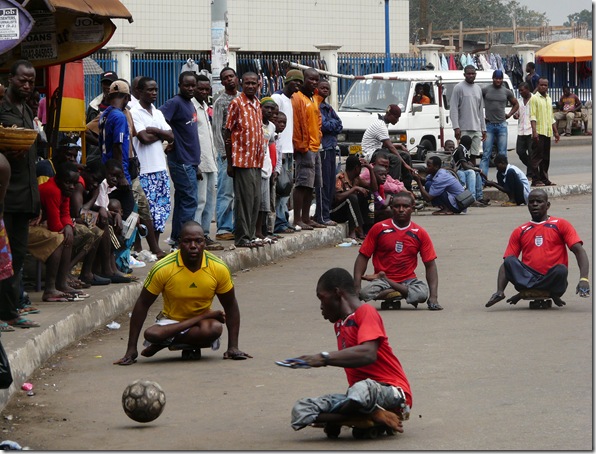No this has nothing to do with mushrooms.
“Fungibility is the property of a good or a commodity whose individual units are capable of mutual substitution.”
In the world of aid, this refers to the question of whether or not donors are able to successfully ring-fence their additional funds. If a rich donor gives £50m to the Ministry of Health in a poor country, can and will the poor country just cut its own MoH funding by £50m, freeing up that cash to spend on whatever it wants?
A new CSAE working paper by Nicolas Van de Sijpe suggests that aid fungibility is not so important. He uses a new datatset to test cross-country correlations between the sectoral distribution of government spending and donor spending.
The lack of fungibility of technical cooperation may be a consequence of effective donor conditionality. If donors are able to monitor the recipient government’s spending, they may be able to credibly enforce the condition that the government does not cut back its planned expenditure after receiving technical cooperation. An additional reason to explain the low degree of fungibility found, that applies specifically to technical cooperation and less to the other aid types, is the observation made by Gramlich (1977) that heterogeneity in government expenditure might contribute to reduced fungibility. To the extent that governments in developing countries spend few of their resources on the type of goods and services that are provided by technical cooperation, it becomes impossible to reduce this class of expenditure by much, as it quickly hits a lower bound of zero. If, in addition, the substitutability between different types of expenditure in the recipient government’s utility function is limited, low fungibility for technical cooperation may ensue. Finally, a lack of information on the recipient government’s part may also reduce the degree of fungibility.


